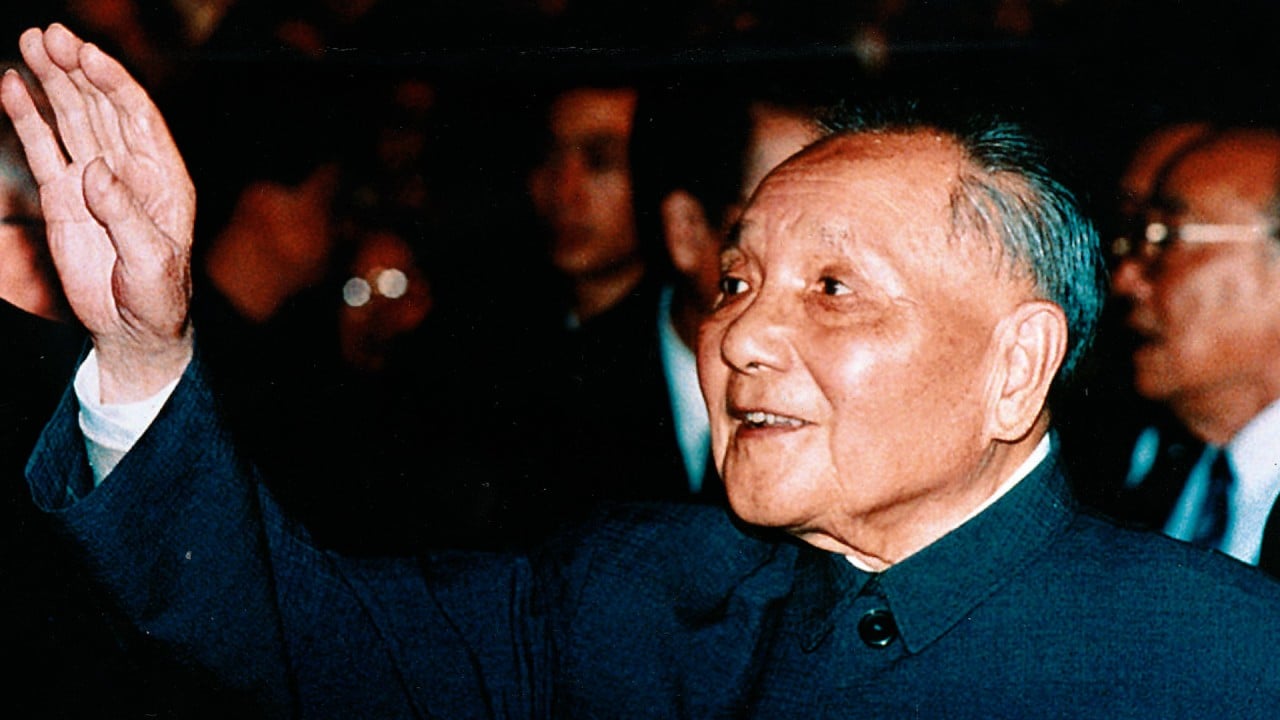Opinion | Why China has refused to back down in the face of Trump’s tariffs | South China Morning Post
China's Desire for Global Standing
The article explores China's motivations behind its resistance to Trump's tariffs, arguing that it stems from a long-held ambition to reclaim a prominent position in the global order. This desire originates from a history of colonialism and subsequent periods of vulnerability.
Historical Context
China's path to re-emergence involved strategic alliances, such as rapprochement with the US to counter the Soviet threat, and embracing Western expertise for economic growth. The strategy of 'tao guang yang hui' (keeping a low profile) was employed for a significant period.
Beyond Capabilities
The author emphasizes that understanding China's actions requires focusing not just on its capabilities, but also on its core desires. While China pursues various goals, its fundamental aspiration remains to achieve a level playing field in global governance.
The Importance of Perspective
The analysis cautions against simplistic interpretations of China's political system and encourages a nuanced understanding of its international behavior based on available evidence and diverse perspectives.
Trying to predict any country’s international behaviour is fraught with challenges. That is even more the case when that country’s political system is opaque, as is China’s. We depend on clues, turns of phrases drawn from leaders’ speeches, shards of evidence gleaned from people on the ground, and various theories (or biases in disguise).
But we have spent more time on China’s capabilities than sought out what China actually desires.
China wants many things. Most are to some degree debatable, and reasonable people can disagree. But the one thing China has wanted for the better part of the past two centuries is quite simple – to stand up. That is, China desires to re-establish its seat at the table governing the world order, a desire that arose out of an era of colonialism that began China’s slide into anarchy and autarky.

03:10
Why Deng Xiaoping is one of China’s most consequential leaders
Why Deng Xiaoping is one of China’s most consequential leaders
Was this article displayed correctly? Not happy with what you see?
If you often open multiple tabs and struggle to keep track of them, Tabs Reminder is the solution you need. Tabs Reminder lets you set reminders for tabs so you can close them and get notified about them later. Never lose track of important tabs again with Tabs Reminder!
Try our Chrome extension today!
Share this article with your
friends and colleagues.
Earn points from views and
referrals who sign up.
Learn more
Save articles to reading lists
and access them on any device